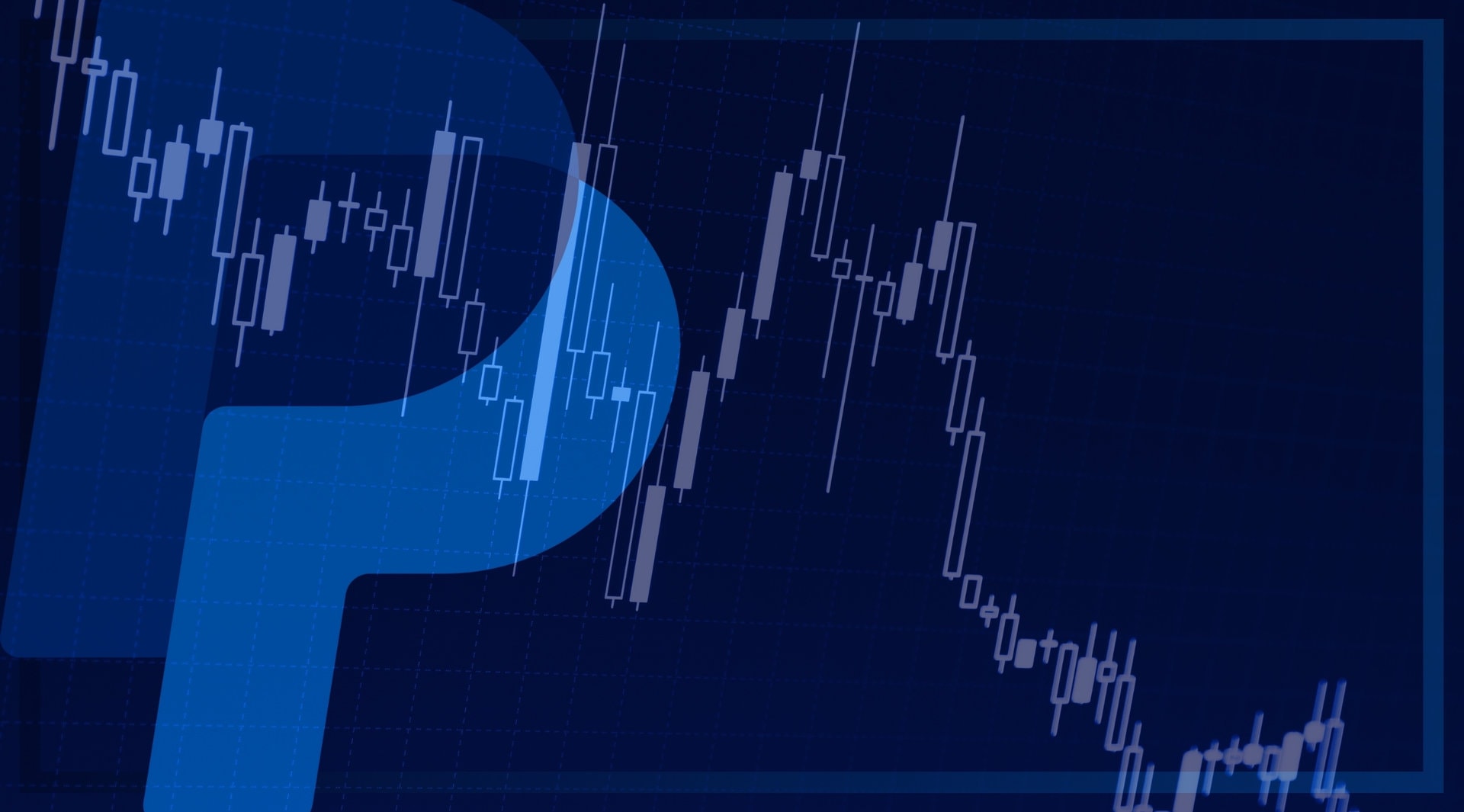There is no doubt that the normalization of a relationship between Israel & UAE consists of a tremendous financial opportunity for both sides.
An important fact of successful cooperation is high investments in both countries. Tel Aviv is a major commercial and financial hub, meanwhile, Dubai is also a well-known city for attracting substantial investments from foreign companies.
The next factor is that these countries are home to some of the world’s most promising startups. Israel is often called the Startup Nation, as there are currently more than 6,000 startups operating in the country. The UAE is home to approximately 2,300 startups. The Dubai International Financial Centre (DIFC) has become a major multinational financial center that’s focused on supporting FinTech projects in the MENA region, which is hosting more than 45% of the startups, responsible for almost 50% of all FinTech deals and 70% of all funding.
The UAE is leading the Middle East and North Africa (MENA)’s FinTech market, reaching a record-high of USD 2.5 billion by 2022, as a result of regional and multi-national financial institutions rolling out digital platforms to transform customer experiences, optimize costs, and meet data regulations.
The high proportion of young people in countries is the next factor in favorable relationships. Israel’s population is considered young relative to the populations of other Western countries. As of 2020, 28% of the population was aged 0-14 while only 12% were older than 65 years of age. The UAE offers a share of young adults (20-39 years old) at 49% in 2019 of its total population. This age bracket is traditionally more tech-savvy than other generations, a highly influential consumer base and a key target audience for FinTech.
Another important factor is the ability to quickly respond to changes in the world using new technologies. Covid-19 has accelerated many trends toward technology adoption, such as digital payments and anti-fraud solutions. As banks are forced to adapt their legacy systems (older IT systems) and complex processes to the new normal of working remotely and maintaining social distancing, collaboration with FinTech startups is the key to the success of their digital transformation. Israeli FinTech offering alternative and innovative prediction models for insolvency of individuals, credit-related solutions and fully automated asset management methodologies might attract interest from the UAE.
The opportunity in UAE is not limited to local market alone. Companies in the region are characterized of having vast activities cross many nations, operating brands in many countries which were unreachable for Israeli technologies, until today. Implementation of Technology in UAE may easily be used in additional Arab nations, a most welcome result of the peace treaty.
There are several other Israeli tech companies that have made a name for themselves: Cato Networks – core product is a cloud service and operates a server farm in Dubai, Israeli giant Monday.com – have over 700 clients in the Persian Gulf and over the last year the company increased its sales in the region by 300% and are planning on reaching sales of $ 5 million by the end of 2021.A factor of new market to sell Israeli talent—Israel is a small country with many educated professionals. UAE has been a destination for foreign talent over the last couple of decades.
The level of P2P money transfer solutions in the UAE was around 30%, being below the average of the Middle East (42%) showing the need for FinTech solutions. Only 40% of the population are banked with 84% of having mobile banking options. In general, according to the survey 82% are willing to adopt and use FinTech Solutions while the adoption rates are at 34% hinting at some privacy and security issues shared by the population.
From the above information, it follows that cooperation is beneficial to both countries. The speed of technology development, a large number of investments, orientation towards the younger generation in the use of technology, the ability to quickly adapt to new realities in a pandemic, will make the two countries to lead in FinTech innovation.
Israeli FinTechs should look to reach out and form partnerships with parties from the MEASA region. As relations between the two countries grow, Israeli FinTech’s should look for opportunities to contribute to Dubai’s goal of creating the vision of a “Smart City”, adjusting their offering to meet the standards and requirements presented by the Emirati market and well-structured tax and privacy frameworks.
Dear FinTechers!We are thrilled to invite you to FinTech-Aviv's ONLINE EVENT on December 9th, focused on partnership opportunities in the UAE region!
— FinTech-Aviv (@FinTechAviv) November 23, 2020
REGISTER HERE –https://t.co/UJiSJ5IE2R
Watch our previous Events on our Website:https://t.co/ynVuKcvYGk pic.twitter.com/zXEUXweFX8
On December 9th the Israeli FinTech Association – FinTech-Aviv will be hosting an event focusing on the opportunities between the two markets, and how through partnership and collaboration, FinTechs can tap into what have been until now an unreachable market.
Register for the event here
Author: Tal Sharon
#P2P #SmartCity #MEASA #Fintech #MENA #DIFC















